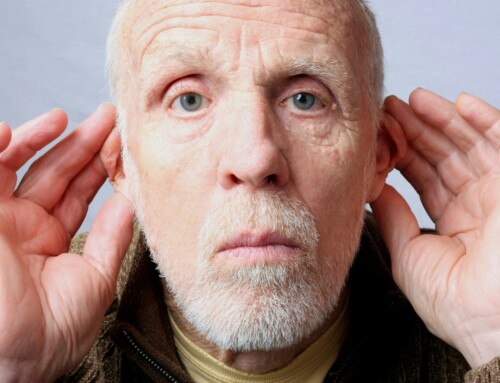Our lungs are remarkable, supporting our health breath by breath throughout our entire lives. Thanks to our lungs, we humans breathe about 2,000 gallons of life-giving oxygen every day, meaning that our lungs do a lot of hard work. It is vital to maintain a healthy respiratory system to maximize our quality of life and longevity. Over the last two years, respiratory health has come to the forefront, especially for senior citizens who may be vulnerable to these types of ailments.
Did You Know? Because of the process of inhalation, lungs are among the only internal organs that come into direct contact with external compounds.
Common Respiratory Medical Conditions
COPD: Chronic Obstructive Pulmonary Disease, known as COPD, actually refers to several diseases. All of them cause airflow blockage and breathing-related conditions. The majority of patients diagnosed with COPD have both bronchitis and emphysema, however, the severity varies.
Asthma: Asthma is a condition characterized by airway obstructions resulting from allergens and other irritants. More than 2 million senior adults in the United States live with asthma.
Pneumonia: Pneumonia is a lung disease resulting from an infection of the air sacs in the lungs. The illness can be fungal, bacterial, or viral; and is often caused by pneumonia. A yearly flu shot is a viable preventative measure because of the association between the flu and pneumonia.
Lung Cancer: The American Cancer Society identifies lung cancer as the most frequently occurring type of cancer across all demographics. Smoking is the primary cause of lung cancer, proving responsible for nearly 80% of cases. The remainder of lung cancer cases is attributed to genetics or second-hand smoke.
The Danger of Indoor Air Pollutants
Poor quality air often contributes to increased infection risk. Smoking is the primary culprit behind most respiratory ailments, but those who do not smoke may be assailed by other irritants in the air.
Asbestos was once utilized as a common material in both construction and consumer products. When asbestos products break down, they release microscopic fibers into the air in the surrounding area, making them easy to inhale. Breathing in asbestos can easily lead to lung irritation and inflammation, but mesothelioma, lung cancer, and asbestosis are also real possibilities.
Dust mites may seem inconsequential in the grand scheme of things, but they are responsible for some serious pollution in our homes. Dust mites are tiny, insect-like pests that produce powerful allergens from fragments of their body, as well as their excrement. Dust mites are hard to avoid – in fact, over 80% of American homes have detectable levels of dust mite allergens.
Mold is the result of a warm and damp environment, whether the moisture originates from leaky pipes or the high humidity common here in South Florida. As mold spores propagate, they can trigger asthma attacks and cause similar respiratory ailments.
Avoid Respiratory Illness
As we grow older, the rib cage begins to contract, providing the lungs less room to expand and sapping their strength. While normal consequences of aging, these changes require more focused care for overall respiratory health.
Keep Your Appointments: The early diagnosis and treatment of respiratory illness can have a significant positive effect on the outcome. Seeing your doctor regularly allows for the best early intervention.
Stop Smoking: The Center for Disease Control and Prevention (CDC) has ordained tobacco to be the primary cause of all preventable sicknesses. Just one year after eliminating tobacco, a patient’s risk of heart and respiratory illness is reduced dramatically.
Clean Your Home: Clean and sanitize regularly in order to minimize allergens in the home. This seemingly simple activity can basically eradicate virus and bacteria growth. Proactively scheduling an annual professional inspection (and remediation if necessary) can keep the home free from toxins or mold.
Start Exercising: Staying active will strengthen lung capacity and lessen the impact of respiratory distress. Mucus can amass in the lungs when a patient is sedentary, increasing the opportunity for illness to develop. Staying active is especially beneficial after major surgery or a long illness. However, just 30 minutes of walking daily will bolster strength, balance, coordination, and healthy lungs.
At A Banyan Residence, we are dedicated to the complete health and wellness of all our residents. If you are seeking assisted living or memory care facilities in the Villages, call us today for a tour.







